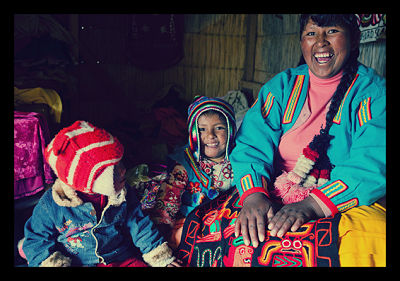
Over the course of her career, Colombian recording artist Shakira has been nominated for five American Grammys and eight Latin Grammys, both of which are among the highest honors in the music industry, and has amassed an estimated net worth of a staggering $200 million. However, despite her international fame and incredible fortune, Shakira remains an avid humanitarian, having initiated and participated in many charity organizations, particularly those that target her home country of Colombia.
After solidifying her position as a true Latin American music star with the release of her critically-successful breakthrough album, Pies Descalzos, Shakira founded the Pies Descalzos Foundation (Barefoot Foundation) in efforts to aid the impoverished children of Colombia. While growing up in her native country, Shakira made it a mission to serve the country’s poor after watching children make homes out of park benches and street corners.
The extent to which early experiences impacted Shakira’s humanitarian motives is manifested in the name of the non-profit, non-governmental charity organization. Pies Descalzos not only pays homage to the album that launched Shakira’s musical career but also recognizes the thousands of children who are far too destitute to even afford shoes
One of the overarching goals of Pies Descalzos is improvements in international education quality – an opportunity that can enable needy children to break out of the confines of squalor. Pies Descalzos provides children with the opportunity for attaining an education and necessary tools for survival, such as food, that they otherwise would have been unable to access.
Since 2003, the foundation has launched six schools in Colombia that provide support to impoverished children and their families by providing education, food, and financial support. Also founded by Shakira, the Barefoot Foundation in America, rather than focusing its efforts solely on Colombia, takes its aid worldwide, promoting universal education.
After receiving honors from the United Nations in 2006, Shakira reinforced the urgency and importance of Pies Descalzos and other charity foundations by stating, “Let’s not forget at the end of this day when we go home, 960 children will have died in Latin America.” With her adamant support of global education and passionate efforts towards eradicating hunger and poverty, Shakira has demonstrated that the power of music can travel far beyond entertainment purposes to serve inspiring humanitarian purposes.
– Phoebe Pradhan
Sources: Ace Show Biz, Celebrity Net Worth, People
Photo: People



